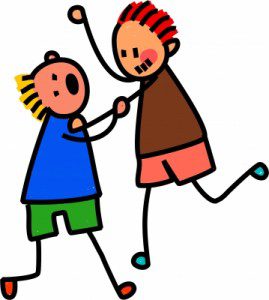 Jerry struggled with not wanting to go to school. His parents noticed how anxious he was and finally learned that a bully was making Jerry’s life miserable.
Jerry struggled with not wanting to go to school. His parents noticed how anxious he was and finally learned that a bully was making Jerry’s life miserable.
When Jerry reported this behavior to one of his teachers, the teacher downplayed the bullying and told Jerry to “just deal with it.”
Bullying is a known to negatively impact a child’s mental health. But would you be surprised to learn that bullying has a greater impact on some children than abuse?
What happens to kids who are bullied? It’s a question educators and parents need to know.
A longitudinal study of over 5000 English and American children provides some answers. The study concluded that being bullied by peers puts you at risk for mental health problems as adults. Those problems include depression, anxiety, suicidality or self-harm. The risk was higher for kids bullied, than for children who were maltreated by adults.
Child maltreatment was defined as physical, emotional maltreatment, sexual abuse, neglect or negligent treatment resulting in potential or actual harm to a child. When you combine the mistreatment of a child by an adult with bullying by a peer, the combination also leads to adult mental health problems.
The American children who were bullied but not abused were five times more likely to suffer anxiety. The English children in that same category suffered more depression and self-harm as adults.
So while we need to keep preventing child abuse, programs to eliminate bullying need to remain front and center on the minds of educators and parents.


